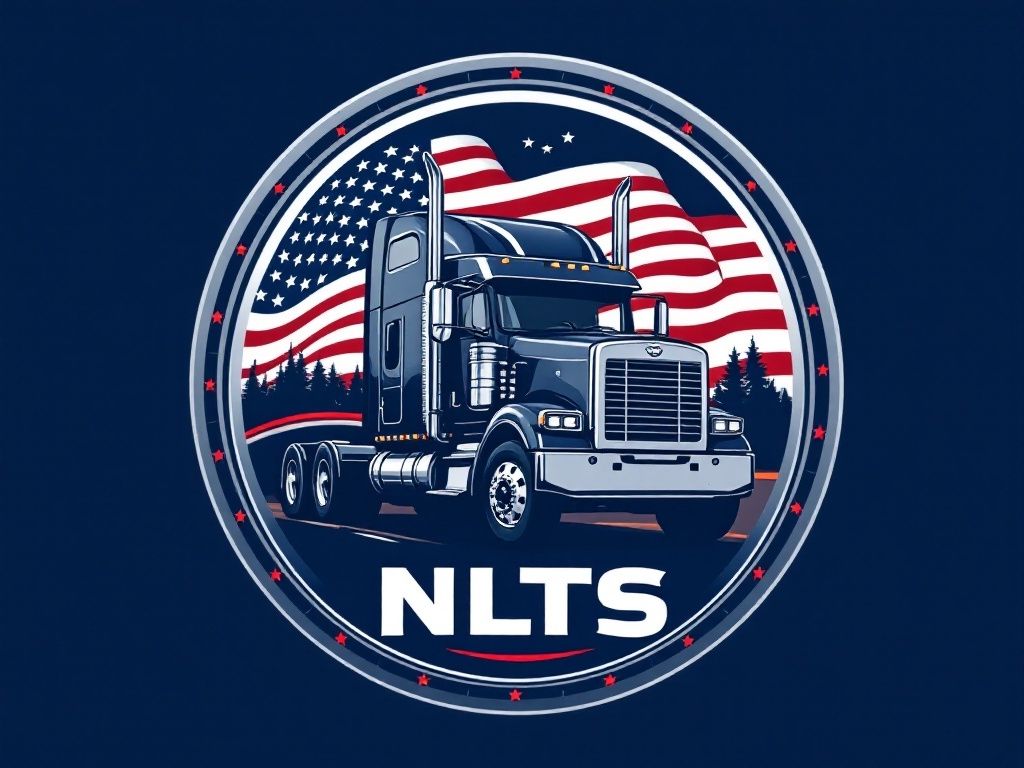How to Choose the Right Trucking Insurance Policy: A Comprehensive Guide
Understanding Trucking Insurance
Trucking insurance is a specialized type of coverage designed to protect trucking businesses and their vehicles in case of accidents, damages, or other unforeseen events. Whether you own a small fleet or operate a single truck, having the right insurance policy is crucial for safeguarding your business and ensuring compliance with legal requirements.
Choosing the right trucking insurance policy can be a daunting task due to the variety of options available. Each policy offers different levels of protection, and understanding these differences is key to making an informed decision. This guide will walk you through the essential factors to consider when selecting a trucking insurance plan that best suits your needs.

Assessing Your Needs
The first step in choosing the right trucking insurance policy is to assess your specific needs. Factors such as the size of your fleet, the types of goods you transport, and the geographical area you cover will influence the type of coverage you require. For instance, long-haul truckers may need different coverage compared to those who operate within a single state.
Consider the following questions as you evaluate your needs:
- How many trucks do you need to insure?
- What types of cargo do you typically carry?
- Do you operate across state lines?
Types of Coverage
Understanding the different types of coverage available is essential for selecting the right policy. Here are some common types of trucking insurance:
- Primary Liability Insurance: This coverage is mandatory and protects against damages or injuries caused by your truck to others.
- General Liability Insurance: Covers incidents that occur outside the operation of a truck, such as slip and fall accidents at your business premises.
- Physical Damage Coverage: Protects your trucks from damage due to collisions, theft, or natural disasters.
- Cargo Insurance: Covers the goods being transported in case of loss or damage.

Researching Insurance Providers
Once you have a clear understanding of your needs and the types of coverage required, it's time to research potential insurance providers. Look for companies with a solid reputation and extensive experience in the trucking industry. Reading reviews and seeking recommendations from other trucking businesses can provide valuable insights into the reliability and customer service of various providers.
When evaluating providers, consider their financial stability and claims processing efficiency. A provider with a strong financial backing is more likely to fulfill claims promptly, ensuring minimal disruption to your operations in the event of an accident or loss.
Comparing Quotes
Obtaining quotes from multiple insurance providers is an essential step in finding the best policy at a competitive rate. When comparing quotes, ensure that you are comparing policies with similar coverage options and limits. Price should not be the only determining factor; consider the level of service, reputation, and additional benefits offered by each provider.

Reviewing Policy Details
Before finalizing any insurance policy, carefully review all terms and conditions. Pay attention to exclusions, deductibles, and coverage limits. It's also important to understand any endorsements or additional coverages that may be included or available as add-ons. If any terms are unclear, seek clarification from the insurance provider.
Working with an Insurance Agent
If navigating the complexities of trucking insurance feels overwhelming, consider working with an insurance agent who specializes in this field. An experienced agent can offer personalized advice and help tailor a policy that aligns with your specific needs. They can also assist in negotiating better terms and premiums on your behalf.
Choosing the right trucking insurance policy is not only about compliance but also about protecting your business from potential risks. By taking the time to assess your needs, research providers, compare quotes, and thoroughly review policy details, you can secure a plan that offers peace of mind on the road ahead.
